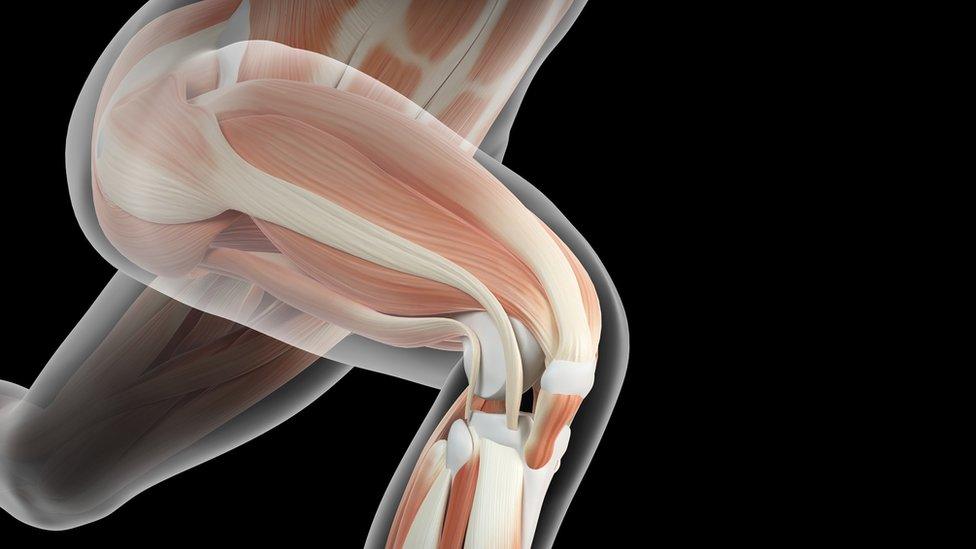Coffee isn’t just a beloved morning ritual—it’s a scientifically proven ally for mental clarity, physical…

Leg Strength and Cognitive Aging: A Decade-Long Twin Study with Implications for Brain Health
By Dr. Styliani Spyridi, Consultant Psychiatrist
Introduction
In the field of psychiatry, we increasingly recognize that brain health is not isolated from the rest of the body. A compelling 10-year longitudinal study published in *Gerontology* has added important evidence to this body–brain connection: **leg muscle power in midlife robustly predicts cognitive aging**—even after adjusting for genetics, early life environment, and lifestyle factors.
This study, by Steves et al. (2016), leverages a unique design involving **healthy female twins** to disentangle genetic and environmental contributions from modifiable physical factors like muscle strength. The findings have important implications for clinicians interested in cognitive aging, dementia prevention, and functional psychiatry.
Study Overview
The researchers followed **324 healthy female twins** (aged 43–73 at baseline) over a 10-year period. Participants underwent:
*Leg power testing in 1999 using the validated Nottingham Power Rig
*Cognitive testing in 1999 and 2009 using the Cambridge Neuropsychological Test Automated Battery (CANTAB)
*A subset underwent MRI imaging in 2011–2012 to assess brain volume and function
What sets this study apart is its discordant twin design—allowing researchers to compare outcomes within genetically identical (monozygotic) pairs who differed in leg strength.
Key Findings
1. Higher leg power predicted better cognitive outcomes 10 years later.
* Even after adjusting for health conditions, lifestyle, IQ, education, and socioeconomic status
* Standardized β = 0.174, p = 0.002
2. Leg power was more predictive than self-reported physical activity.
* Suggesting that *objective physical fitness* may be more clinically meaningful than lifestyle questionnaires
3. Stronger legs correlated with greater total grey matter volume and smaller lateral ventricles on MRI 12 years later
4. Within monozygotic twin pairs, the twin with higher leg power had better brain structure and cognition—ruling out genetics and early life as primary drivers of this relationship
Clinical Implications
This study shifts the paradigm from thinking solely about cognitive training or general physical activity toward considering muscle power—particularly in the lower limbs—as a modifiable target for cognitive resilience.
For psychiatrists, geriatricians, and neurologists, this opens several important questions:
* Should we incorporate functional strength assessments into midlife and geriatric psychiatric evaluations?
* Could prescription of resistance and power-based exercise become part of dementia prevention strategies?
* Might patients with mild cognitive impairment (MCI) benefit from tailored physical training to support brain structure?
While causality can’t be fully confirmed in observational studies, the use of a twin model strongly supports a *modifiable physiological pathway* rather than one driven by inherited traits or early life conditions.
Why Might Muscle Power Matter for the Brain?
The mechanisms are still under investigation, but likely include:
* Improved **cerebral perfusion** via better cardiovascular health
* Reduced **inflammatory burden** and biological aging
* Enhanced **neurotrophic support** and metabolic function
* Delay in frailty-related cascades that affect the brain
Final Thoughts
This research adds weight to the growing consensus: the brain does not age in isolation. Physical function, particularly leg power, plays a critical role in how we think, remember, and stay independent as we age.
As psychiatrists, we can help our patients preserve cognitive function not only through traditional psychiatric care, but by supporting functional, whole-body aging. This may include advocating for strength training, mobility assessments, and integrative care models that acknowledge the profound connection between muscle and mind.
Reference
Steves CJ, Mehta MM, Jackson SHD, Spector TD. *Kicking Back Cognitive Ageing: Leg Power Predicts Cognitive Ageing after Ten Years in Older Female Twins.* **Gerontology.** 2016;62(2):138–149. [https://doi.org/10.1159/000441029](https://doi.org/10.1159/000441029)



